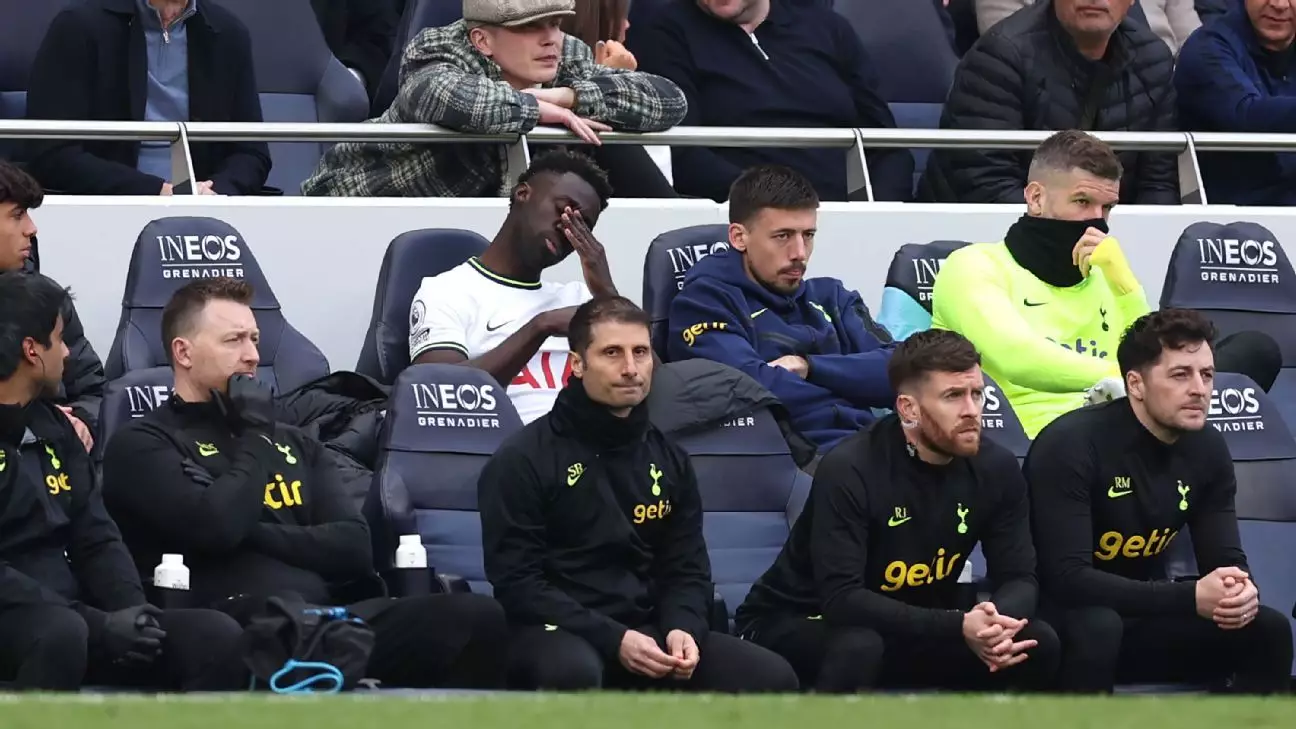The landscape of sports sponsorship is encountering significant changes, particularly with INEOS, the petrochemical conglomerate holding a substantial stake in Manchester United. Sources indicate that INEOS is negotiating an early termination of its sponsorship deal with Tottenham Hotspur, which was originally intended to last five years. Signed in 2022, the collaboration focused on promoting the 4×4 Grenadier vehicle, with visible branding during matches. However, recent developments suggest that INEOS is reassessing its involvement across various sports, perhaps reflecting a strategy aimed at resource allocation in the face of commercial pressures.
INEOS’s decision to potentially sever ties with Tottenham is emblematic of broader financial trends impacting sports sponsorship. Recently, the company opted out of a lucrative sponsorship arrangement with New Zealand Rugby, which surprised many in the industry. This decision, spurred by what INEOS described as the “deindustrialization of Europe,” underscores a significant shift in corporate priorities and a potentially uncomfortable acknowledgment of increasing economic challenges. This pivot could suggest a more cautious approach to financial commitments in an unpredictable marketplace.
The implications of these sponsorship decisions resonate beyond the immediate partnerships. Sir Jim Ratcliffe’s involvement with Manchester United raises the stakes, as the club grapples with rising operational costs and fluctuating profits. The financial disclosures revealing a sharp decline from £27.5 million to £3 million in operating profit for the last quarter of 2024 point to serious financial management issues at the club. The controversial choice to extend Erik Ten Hag’s contract only to part ways shortly thereafter has not only impacted team dynamics but has also proven costly, resulting in a £10.4 million hit to United’s budget.
Meanwhile, the ongoing discussions with Tottenham suggest a mutual understanding of the need for reassessment on both sides. Tottenham, having entered into this agreement with expectations for stability and long-term collaboration, may now find themselves needing to adapt quickly as INEOS consolidates its investment strategy.
The ramifications of INEOS’s shifting strategy extend into the realm of team sponsorships in sports. Several reports indicate that their relationship with Sir Ben Ainslie’s America’s Cup team and a near split from Mercedes in Formula 1 signal a cautious new direction. Such moves can affect not only individual teams but could also catalyze a chain reaction of re-evaluation among partners across various sports, as organizations recalibrate their sponsorship portfolios to fit new financial realities.
INEOS’s potential withdrawal from multiple sports partnerships reflects a broader trend of corporates reassessing their roles and financial commitments within the sports industry. As economic pressures mount, both sponsors and teams may need to closely evaluate their future collaborations to ensure mutual benefit and sustainability. This ongoing evolution could redefine how sponsorships are structured and valued, necessitating a more agile approach from all parties involved.

